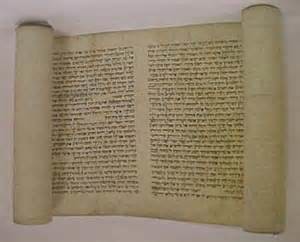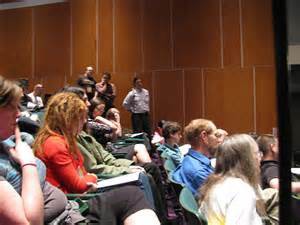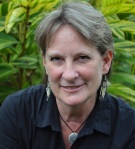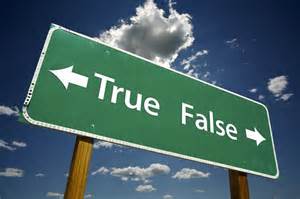False prophets and false teachings are nothing new. So how can we protect ourselves against them?
 In the apostle John’s first epistle, written between AD 80 and the early 90s, he wrote words of truth to encourage new Christians who faced the false teachings of the Gnostics. These false teachers attacked the Gospel of Jesus Christ.
In the apostle John’s first epistle, written between AD 80 and the early 90s, he wrote words of truth to encourage new Christians who faced the false teachings of the Gnostics. These false teachers attacked the Gospel of Jesus Christ.
They taught that Jesus came to earth in spirit only. They claimed he was not flesh and blood. They also said because the physical body is evil, Jesus could not have had a physical body and be sinless.
John was an eyewitness to the truth of who Jesus was. He heard Jesus speak. Saw him perform miracles. John touched Jesus with his own hands after Christ’s resurrection. He watched Jesus ascend into heaven. He was a primary resource who knew what he was talking about.
I love history and enjoy visiting living history museums. I like to look at the artifacts left behind that show us how previous generations lived. I am especially fond of reading diaries and journals. These primary resources tell us the true facts about a long ago way of life.
The apostles’ letters are the same, don’t you think? They are first-hand accounts that tell us what life was like in long ago times. They are not cleverly devised stories. They are the truth. So when people like John expose erroneous teachings by stating truth, I believe we should listen.
John gave the early Believers several tests to show if what they heard was true or false. These tests are valid for us today. John said believers do not love the world or the things of the world. Unbelievers love personal power, material success, self-seeking ambition. Believers acknowledge Jesus as Lord. Unbelievers do not acknowledge Jesus as Lord and are deliberately evil, causing dissension.
John stated any spiritual teaching that does not align with God’s truth is false doctrine. He said we must test the spirits to determine if they are from God. We are to examine what we hear, and decide if it affirms Christ’s deity.
John suggests we observe the audience when someone is speaking. He said false teachers attract those who don’t reflect Godly lifestyles.
As far as this last point goes, I know when I attend a workshop of any kind, I choose  carefully. I don’t want to spend my time and energy listening to someone speak on a subject I’m not interested in.
carefully. I don’t want to spend my time and energy listening to someone speak on a subject I’m not interested in.
And when I look around the room I expect to see like-minded people who share the same interests.
Looking back at what John wrote, it seems to me in order to discern true teaching from false, we should become experts on the truth we find written in God’s word.
We should know enough about who Jesus and God are to distinguish the truth from the lies. Sort of like when cashiers are trained to know what a genuine bill looks like so they can detect a counterfeit one should it cross their path.
In C.S. Lewis’ book, The Lion, the Witch and the Wardrobe, Peter and Susan are faced with a dilemma. They don’t know which of their siblings to believe. Lucy says she’s gone through the wardrobe into a wonderful land, Narnia. She tells them Edmund was there, too. Edmund denies ever being in Narnia and pretty much calls Lucy a liar.
The sage adult they stay with asks Peter and Susan to consider which of the two younger children is known for always telling the truth and which one isn’t. Once they figure that out, they’ll know who to believe.
Might I suggest we need to know Jesus well enough to know he is Truth? He is the one we should believe. That knowledge will only come through truly studying and committing to follow what is written in His Word.
What’s your plan to counter false teaching, should it present itself?
I wish you well.
Sandy





A fascinating discussion is definitely worth comment.
I do think that you should publish more about this subject, it may not
be a taboo subject but generally people do not talk about
these issues. To the next! Many thanks!!